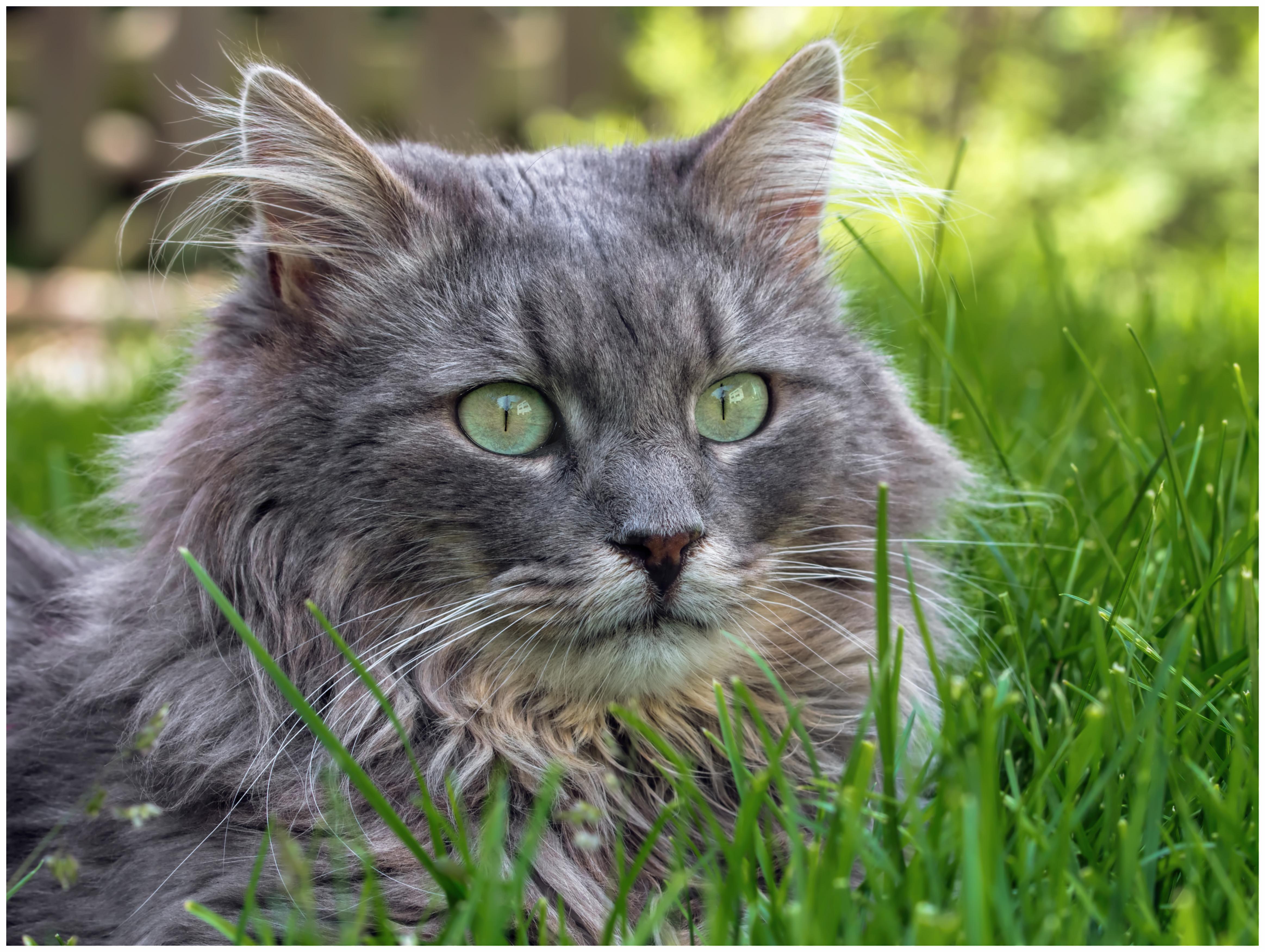Every pet owner knows the joy of coming home to a wagging tail or a gentle purr. But with that joy comes responsibility, including deciphering the occasional health hiccup. One common, albeit messy, concern is diarrhea. Is it just a fleeting upset tummy, or a sign of something more? In this article, we’ll navigate the sometimes murky waters of pet digestion with warmth and clarity, helping you understand when to relax and when to call the vet. Let’s ensure your furry friend stays happy and healthy, one belly rub at a time.
Understanding the Causes: When Diarrhea Is a Red Flag
Diarrhea in pets can be more than just a temporary inconvenience. While occasional digestive upset might not be cause for alarm, certain symptoms indicate it’s time to consult a veterinarian. Persistent diarrhea lasting more than a day or two can signal underlying health issues that require attention. Be vigilant for these warning signs:
- Blood or mucus in the stool
- Lethargy or a noticeable drop in energy levels
- Fever or noticeable discomfort
- Repeated episodes accompanied by vomiting
These indicators might suggest infections, parasites, or more serious conditions such as pancreatitis or intestinal blockages. Understanding these cues helps in ensuring your pet receives timely care, keeping their tail wagging and spirits high.

Home Remedies and Dietary Adjustments: Soothing Your Pet’s Tummy
When your furry friend is feeling under the weather, a few gentle home remedies can help ease their discomfort. Pumpkin is a well-known ally; its high fiber content can help firm up your pet’s stool. Just a tablespoon or two mixed into their regular food can work wonders. Plain boiled chicken and rice are also gentle on the stomach, providing a bland diet that’s easy to digest while giving them the energy they need to recover.
- Ginger Tea: A small amount of cooled ginger tea can soothe upset stomachs.
- Probiotics: Consider adding pet-safe probiotics to restore healthy gut bacteria.
- Hydration: Ensure they have plenty of fresh water to prevent dehydration.
Monitoring your pet’s diet is crucial. Avoid giving them fatty or spicy foods, and keep an eye on any potential allergens. Gradually reintroduce their regular food to prevent further irritation. Remember, while these remedies can help, always consult your vet if symptoms persist.

When to Call the Vet: Recognizing Serious Symptoms
When your pet experiences diarrhea, it’s essential to monitor them closely to determine if a vet visit is necessary. While occasional loose stools can be normal, certain symptoms signal a more serious condition. Look for these warning signs that demand immediate attention:
- Frequent Episodes: If diarrhea persists for more than 24 hours, it could indicate an underlying issue.
- Blood in Stool: Bright red or dark tarry stools are a red flag and require urgent care.
- Vomiting: Accompanying vomiting may lead to dehydration, worsening your pet’s condition.
- Lethargy: A sudden drop in energy or unusual tiredness can be a sign of distress.
- Fever: Elevated body temperature often indicates infection or inflammation.
These symptoms should never be ignored, as they might point to infections, parasites, or even more severe health issues. Always trust your instincts; if something seems off, a professional evaluation is the best course of action to ensure your furry friend’s well-being.

Preventive Care Tips: Keeping Your Furry Friend Healthy
Ensuring your pet’s health is a top priority, and preventive care plays a vital role in maintaining their well-being. Regular check-ups with the vet are essential, but there are several proactive steps you can take at home. Here are some tips to keep your furry friend in tip-top shape:
- Balanced Diet: Feed your pet a nutritious diet tailored to their age, breed, and health needs. Consult your vet for personalized dietary advice.
- Regular Exercise: Engage your pet in daily activities to keep them physically fit and mentally stimulated. Whether it’s a walk in the park or a fun game of fetch, exercise is crucial.
- Hydration: Ensure they have access to fresh, clean water at all times. Proper hydration aids digestion and overall health.
- Vaccinations and Parasite Control: Keep vaccinations up to date and implement a parasite prevention plan to ward off fleas, ticks, and worms.
- Grooming: Regular grooming sessions help maintain your pet’s coat and skin health, while also providing an opportunity to check for any abnormalities.
By incorporating these practices into your routine, you can help prevent common issues and ensure your pet leads a happy, healthy life. Remember, a little preventive care goes a long way!


































